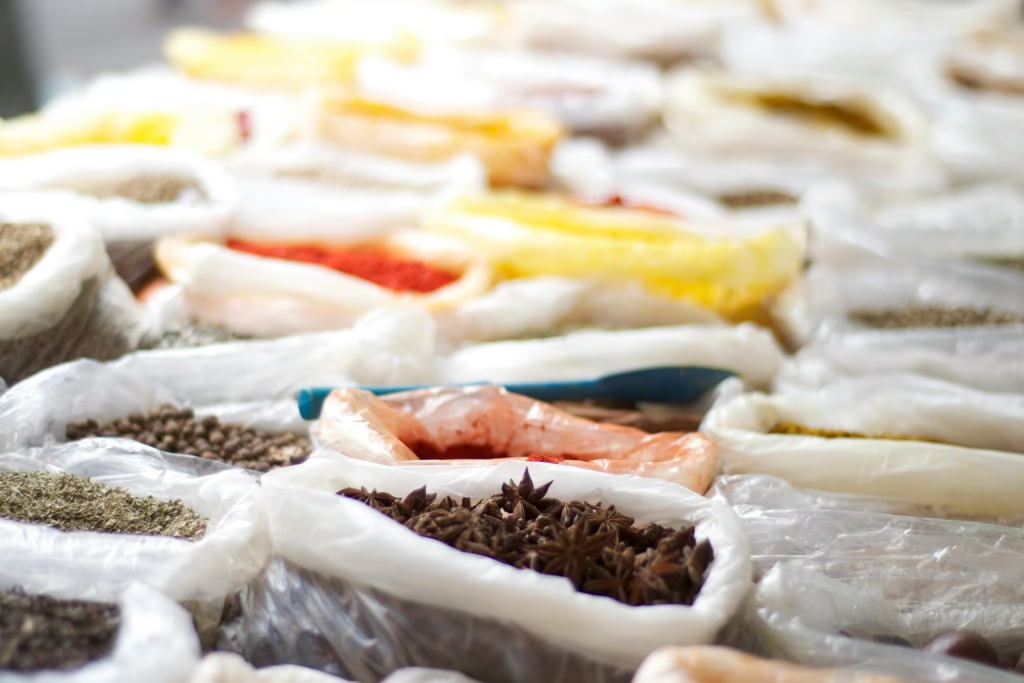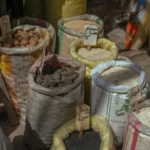
Agricultural exports play a key role in the global economy, allowing farmers and exporters to reach new markets across the world. However, entering international markets is not as easy as it sounds. One of the biggest challenges exporters face is understanding and following the different trade regulations that govern agricultural products in various countries.
Trade regulations are necessary rules set by governments and international bodies to control the movement of goods across borders. These rules help ensure safety, quality, fair trade practices, and protection of domestic markets. For agricultural exporters, especially those dealing with perishable products like grains, nuts, oilseeds, and spices, complying with trade regulations is not optional — it’s a must.
In this blog, let’s break down everything you need to know about navigating regulations for agricultural exports in a simple, human, and practical way.
What are Trade Regulations in Agriculture?
Trade regulations in agriculture refer to all the legal requirements, policies, and standards that exporters must follow when selling agricultural products to another country. These regulations vary from country to country and can change frequently based on political, economic, or environmental factors.
It cover areas such as:
- Quality standards
- Packaging and labelling requirements
- Sanitary and phytosanitary measures (to prevent pests and diseases)
- Import duties and tariffs
- Export certifications
- Product traceability
- Environmental and sustainability compliance
Why Are Trade Regulations Important?
Trade regulations are not there to complicate business but to protect consumers, farmers, and the environment. Here’s why regulations matter so much in agricultural exports:
- Ensure Product Safety: Agricultural products like food grains, nuts, or oilseeds must be free from harmful chemicals, pests, and diseases.
- Maintain Quality Standards: It ensure the buyer country receives products that meet their expected quality.
- Protect Local Agriculture: Some countries enforce strict regulations to safeguard their farmers from unfair competition.
- Encourage Sustainable Practices: Increasingly, regulations include environmental checks to promote sustainable farming and ethical sourcing.
- Build Trust Between Exporters and Buyers: Following regulations shows professionalism and builds trust in international trade relationships.
Common Challenges in Navigating Trade Regulations
While trade regulations are essential, navigating them is often challenging, especially for small exporters and new businesses in agricultural exports. Here are some of the most common challenges:
1. Changing Rules
It can change overnight due to policy shifts or international disputes. Exporters need to stay updated to avoid compliance issues.
2. Complex Documentation
Exporting agricultural products requires many documents like phytosanitary certificates, certificates of origin, packing lists, export licenses, and customs documents.
3. Different Standards Across Countries
What is acceptable in one country might not be in another. For example, pesticide limits may vary between Europe, the US, or Asia.
4. Language Barriers
Most regulations are published in the local language of the importing country, making it difficult for exporters to understand them clearly.
5. Cost of Compliance
Ensuring products meet trade regulations may require testing, certification, and inspections, adding to the export cost.
Tips to Navigate Trade Regulations Successfully
Despite these challenges, there are practical ways to navigate regulations efficiently while exporting agricultural products.
1. Research and Stay Updated
Always do your homework before entering a new market. Visit official government websites, trade association portals, and export promotion agencies to stay updated.
2. Work with Export Professionals
Hiring experienced export consultants or trade lawyers can help you understand regulations easily and avoid costly mistakes.
3. Understand Sanitary and Phytosanitary Measures
If you deal with perishable agricultural products, learning about the sanitary and phytosanitary (SPS) requirements of your target market is essential.
4. Use Digital Tools
Many countries now offer online platforms where exporters can check regulations, duty rates, and documentation requirements.
5. Build Strong Documentation Practices
Maintain detailed records of every product batch, its sourcing, quality checks, and certification. Proper documentation makes navigating regulations smoother.
Role of Trade Regulations in Promoting Ethical Sourcing
Trade regulations are not just about rules; they also play a key role in promoting ethical sourcing in agriculture. Many importing countries now demand proof of ethical sourcing practices from exporters. This includes:
- Ensuring fair wages to farmers
- Sustainable farming methods
- Environment-friendly packaging
- No child labor or exploitation in the supply chain
Following trade regulations related to ethical sourcing not only helps build trust with international buyers but also adds value to your brand in the global market.
Case Study: African Exporters and Trade Regulations
African countries are rich in agricultural products like nuts, oilseeds, spices, and grains. However, African exporters often face challenges in meeting international trade regulations due to a lack of infrastructure, knowledge, and support.
To overcome this, many African exporters are now investing in:
- Better post-harvest technology
- Improved packaging
- Certification programs
- Partnerships with international buyers for compliance support
This focus on complying with trade regulations has opened new doors for African agricultural products in markets like Europe, the USA, and Asia.
The Future of Trade Regulations in Agricultural Exports
As the global trade environment continues to evolve, trade regulations will become even more detailed and strict, especially concerning sustainability and food safety. Here are some future trends:
- Increased focus on traceability from farm to table
- More digital tools for export compliance
- Growing importance of environmental standards
- Expansion of fair-trade certifications
- Greater demand for transparency in the supply chain
Exporters who stay proactive, adapt quickly, and see trade regulations as a guide rather than a barrier will have a clear advantage in global agricultural markets.
Final Thoughts
Navigating trade regulations for agricultural exports might seem complex, but it is a crucial part of growing a successful export business like Ahar Group. Instead of seeing trade regulations as hurdles, smart exporters treat them as opportunities to build credibility, ensure product quality, and enter premium markets.
If you are planning to enter the world of agricultural exports, investing time and effort in understanding trade regulations is one of the best moves you can make. With the right knowledge, ethical practices, and preparation, navigating trade regulations will become a strength for your business, not a challenge.
Remember, in the global agricultural trade, trust is built through compliance — and compliance starts with understanding trade regulations properly.











Add comment